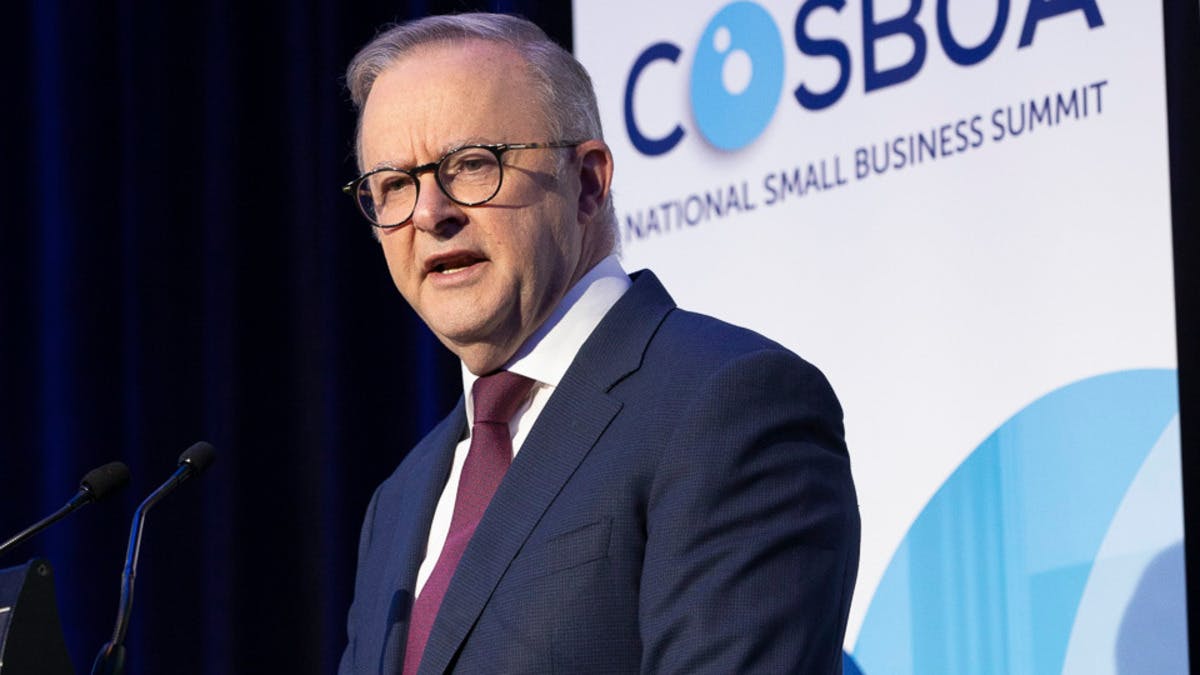The Council of Small Business Organisations Australia (COSBOA) has welcomed the Federal Government’s Productivity Commission inquiry into national productivity, calling it a pivotal moment for small businesses to address barriers and drive economic growth.
The inquiry, focusing on five key areas, aligns with the daily challenges faced by small and medium-sized enterprises (SMEs), which represent 97.7% of Australian businesses and employ over five million people.
COSBOA CEO Luke Achterstraat emphasized the inquiry’s timeliness, stating, “This inquiry comes at a crucial time. Small businesses are under significant pressure from rising costs and compliance burdens.” He highlighted the need for actionable reforms, particularly in tax and regulation, to boost productivity. “To lift national productivity, we must address the twin engines of small business success – tax reform and red tape reduction. Without action here, we risk productivity stagnation and declining competitiveness,” Achterstraat said.
The Productivity Commission’s inquiry targets five areas: creating a dynamic and resilient economy, building a skilled and adaptable workforce, harnessing data and digital technology, delivering quality care more efficiently, and investing in cheaper, cleaner energy for the net zero transformation. COSBOA underscores that small businesses are central to progress in all these areas.
Economic Resilience Through Small Business Support
COSBOA argues that SMEs are vital for innovation, competition, and employment. “Creating a more resilient economy: Small businesses drive innovation, competition and employment. Supporting their sustainability through fairer tax policy and less regulatory burden will result in a more resilient national economy,” the organization noted in its statement. COSBOA is advocating for a reduction in the small business company tax rate from 25% to 20% and making the instant asset write-off permanent to encourage investment and growth.
Workforce Development Challenges
The inquiry’s focus on a skilled workforce resonates with SMEs facing persistent skill shortages. COSBOA’s Small Business Skills and Training Needs Survey revealed the need for flexible, industry-relevant training pathways. “Building a skilled and adaptable workforce: COSBOA’s current Small Business Skills and Training Needs Survey identified small businesses need flexible, fit-for-purpose training pathways. Persistent skill shortages and outdated occupational entry barriers are limiting productivity gains across industries,” the organization stated.
Balancing Digital Innovation and Compliance
While digital technology offers opportunities, COSBOA warns of potential burdens from regulatory changes. “Harnessing data and digital technology: COSBOA supports smart digital reform but warns that removal of the small business exemption in the Privacy Act would impose significant costs on already stretched operators. Any reform must balance innovation with practical implementation for small business,” the organization said, highlighting the need for reforms that don’t overwhelm SMEs.
Healthcare SMEs in Focus
With one in seven small businesses operating in the health sector, including general practitioners, pharmacists, and allied health providers, COSBOA stressed their economic and community contributions. “Delivering quality care more efficiently: With one in seven small businesses operating in the health sector – including GPs, pharmacists, allied health and natural therapy providers – COSBOA highlights their vital economic and community contributions, which must be recognised in health system reform,” the statement read.
Navigating the Net Zero Transition
The transition to cleaner energy is another critical area for SMEs, many of which are eager but lack resources. COSBOA’s Small Steps Bright Future research found that “Investing in energy and the net zero transformation: COSBOA’s Small Steps Bright Future research shows small businesses want to embrace the energy transition but are held back by costs and a lack of tailored support. Financial incentives, practical advice, and accessible education are key to making net zero a reality.”
Achterstraat underscored the broader economic stakes, saying, “Unlocking small business potential is essential to lifting productivity. Every hour a small business owner spends navigating complex regulations is an hour not spent serving customers, training staff, or growing their business. Cutting red tape is not just good policy – it’s an economic necessity.”
He added, “Small businesses represent 97.7% of all Australian businesses and employ over five million people. Policy that supports their productivity is policy that supports Australia’s prosperity. A small business-led recovery is the only way to create jobs, strengthen the economy, and ensure Australia remains globally competitive.”
COSBOA plans to work closely with the Albanese Government and the Productivity Commission during the consultation process to ensure small businesses receive the support needed to thrive.
For more on giving small businesses a Fair Go, visit: cosboa.org.au
Keep up to date with our stories on LinkedIn, Twitter, Facebook and Instagram.

